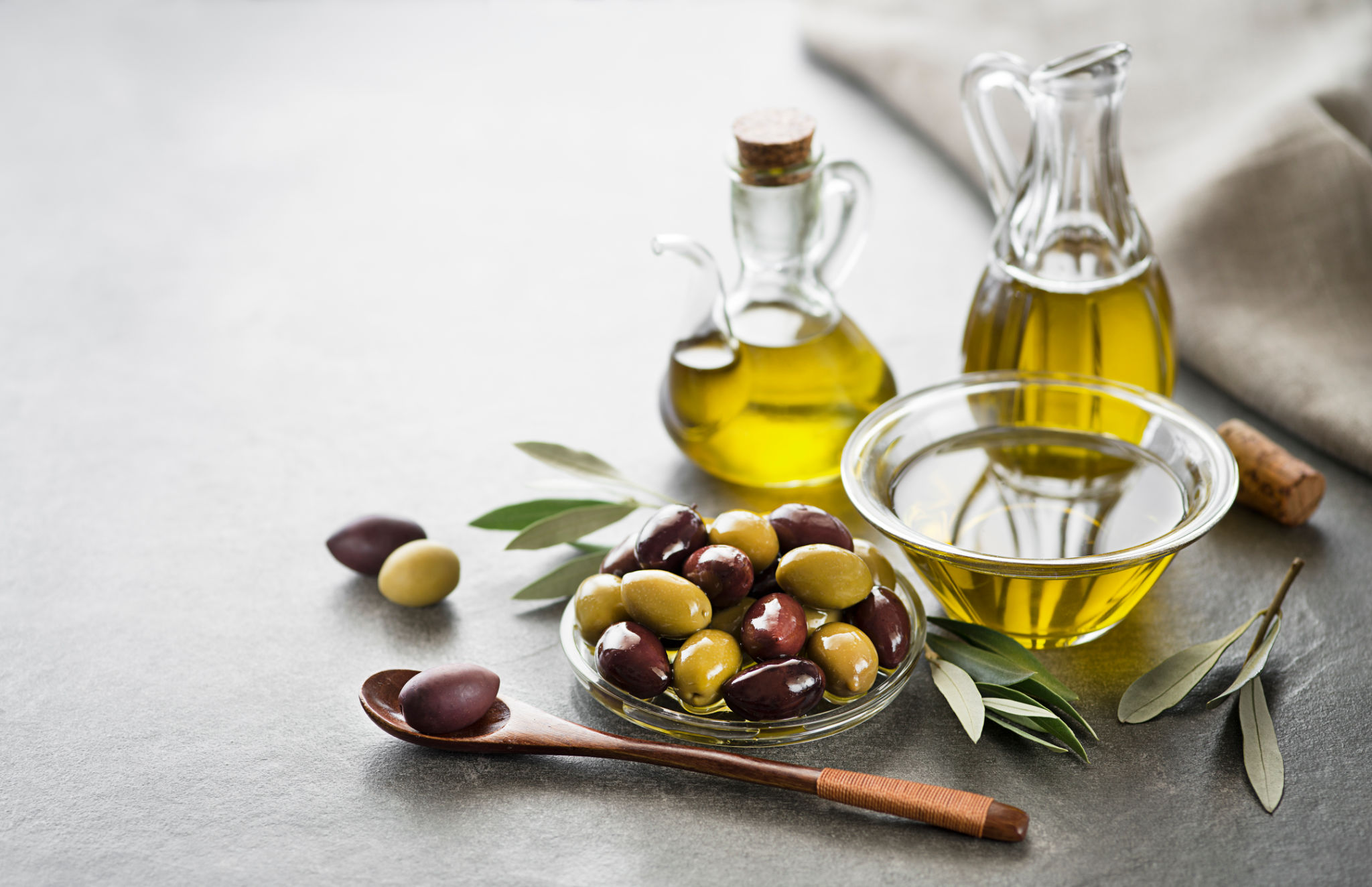Enhancing Your Culinary Experience with High Quality Olive Oil
NB
The Art of Choosing the Right Olive Oil
Enhancing your culinary experience begins with selecting the right ingredients, and high-quality olive oil is a cornerstone of great cooking. With so many varieties available, choosing the right olive oil can seem daunting. However, understanding the basics can help you make an informed decision. Look for labels that specify "extra virgin," as this indicates the oil is made from pure, cold-pressed olives, without the use of heat or chemicals.
When shopping, pay attention to the harvest date. Fresher oils typically offer more flavor and nutritional benefits. Also, consider the origin. Different regions produce olive oils with unique flavor profiles. For instance, Italian olive oils might be grassy and peppery, while Spanish varieties could be more robust and nutty.

Benefits of High-Quality Olive Oil
The advantages of using high-quality olive oil go beyond taste. Rich in antioxidants and healthy monounsaturated fats, olive oil can contribute significantly to a balanced diet. It has been linked to a reduced risk of chronic diseases like heart disease and diabetes. Moreover, its anti-inflammatory properties can enhance overall well-being.
Olive oil is also incredibly versatile. It can be used for sautéing vegetables, dressing salads, or even as a finishing touch on soups and grilled meats. By incorporating it into your meals, you not only boost flavor but also add essential nutrients to your diet.

Cooking Techniques with Olive Oil
Understanding how to use olive oil can elevate your cooking skills. For high-heat cooking, opt for oils with a higher smoke point, such as refined olive oils. For dressing and drizzling, extra virgin olive oil's robust flavor can enhance any dish.
Here are some tips on using olive oil in your cooking:
- Sautéing: Use a moderate amount of olive oil to cook vegetables or proteins over medium heat.
- Baking: Substitute butter or other oils with olive oil for a healthier alternative in cakes and bread.
- Marinating: Combine olive oil with herbs and spices to marinate meats before grilling.

Storing Olive Oil for Maximum Freshness
To maintain the quality of your olive oil, proper storage is essential. Keep it in a cool, dark place, away from direct sunlight and heat sources. A pantry or cupboard is ideal. Always ensure the bottle is tightly sealed to prevent oxidation.
Avoid storing your olive oil near the stove or in the refrigerator, as extreme temperatures can affect its flavor and quality. If properly stored, high-quality olive oil can last up to two years, although it’s best used within a year of opening for optimal taste.

Exploring Different Olive Oil Flavors
Experimenting with different types of olive oil can add a new dimension to your culinary creations. Try pairing specific oils with certain foods to highlight their natural flavors. For example:
- Fruity Oils: Great for dressings and desserts.
- Robust Oils: Ideal for hearty dishes like grilled meats or stews.
- Delicate Oils: Perfect for drizzling over fish or vegetables.
Exploring these varieties can help you discover which flavors complement your cooking style and preferences best.
Incorporating high-quality olive oil into your culinary repertoire not only enhances the flavor and depth of your dishes but also adds significant health benefits. Whether you're an experienced chef or a home cook, understanding and utilizing this incredible ingredient can transform your cooking experience.